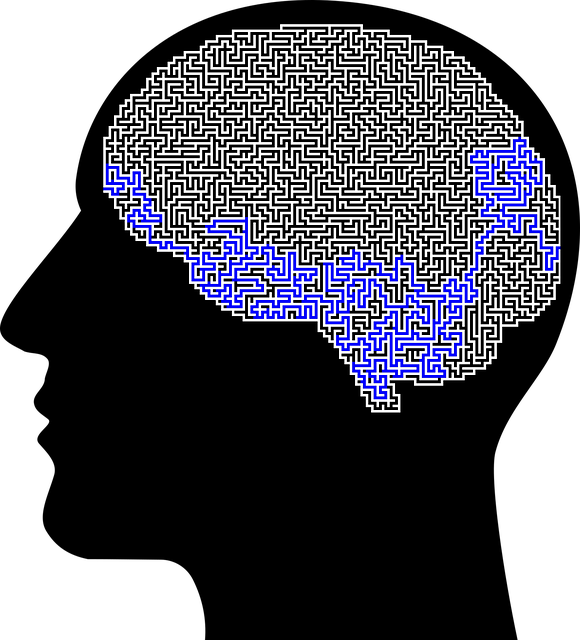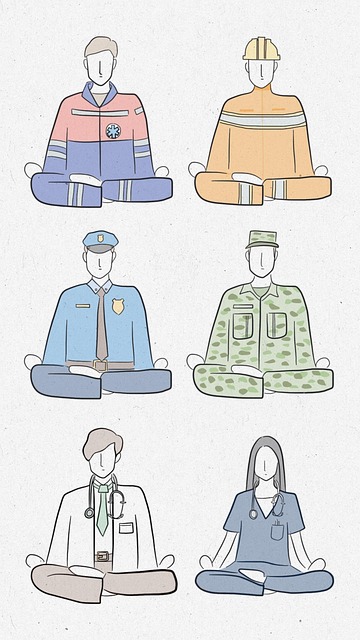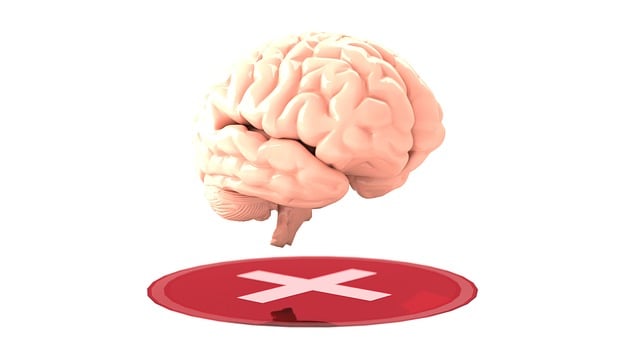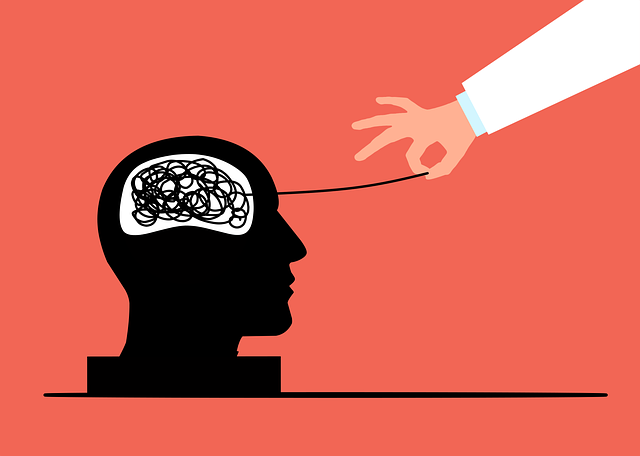Crisis intervention for elders requires a specialized approach addressing loneliness, isolation, financial stress, and health concerns. First responders and therapists should build trust, create safe spaces, demonstrate cultural sensitivity, and understand individual life histories. Active listening, empathy, trauma support, tailored conflict resolution, and stress management workshops empower elders with coping mechanisms. Training in age-related mental health, cultural sensitivities, and conflict resolution skills equips first responders to de-escalate tensions and facilitate dialogue. Post-crisis care focuses on holistic well-being, including community reintegration for elders and Mental Wellness Coaching for first responders based on Mind Over Matter principles to combat burnout.
In times of crisis, especially among elderly populations, effective intervention strategies are vital. This article guides readers through a comprehensive approach to supporting elders in need, focusing on the unique challenges they face. We explore essential training and preparation methods for first responders, emphasizing the importance of specialized skills in elder care. Furthermore, we delve into post-intervention support, highlighting its role in optimal recovery. By equipping first responders with the right tools, communities can ensure better outcomes for elders in crisis situations, underscoring the significance of tailored therapy for this demographic and those who assist them.
- Understanding Crisis Intervention for Elders: A Unique Approach
- Training and Preparation: Equipping First Responders with Effective Tools
- Implementing Supportive Post-Intervention Care for Optimal Recovery
Understanding Crisis Intervention for Elders: A Unique Approach

Crisis intervention for elders requires a unique approach that recognizes the specific challenges and needs of this demographic. Elders often face complex issues such as loneliness, isolation, financial stress, and health concerns, which can contribute to heightened vulnerability during crises. Traditional crisis intervention techniques may not adequately address these nuanced factors. Therefore, a tailored strategy is essential.
First responders and therapy for elders should focus on building trust and creating a safe space. This involves cultural sensitivity and an understanding of the individual’s life history. Engaging in active listening and empathy can help mitigate feelings of despair and confusion. Additionally, integrating trauma support services and conflict resolution techniques tailored to older adults’ experiences can be immensely beneficial. Stress management workshops organized by community organizations can also empower elders with coping mechanisms, enhancing their resilience during challenging times.
Training and Preparation: Equipping First Responders with Effective Tools

Training and Preparation play a pivotal role in equipping First Responders with the effective tools needed to handle crisis situations involving elders. This includes specialized training in Therapy for Elders, focusing on understanding age-related mental health challenges and cultural sensitivities. By incorporating Conflict Resolution Techniques into their repertoire, first responders can de-escalate tensions and facilitate open communication, addressing underlying issues that may contribute to crises.
Beyond this, Mental Illness Stigma Reduction Efforts are essential to fostering an empathetic environment. Encouraging self-esteem improvement among elders through positive reinforcement and supportive interactions can significantly impact their overall well-being. These preparation strategies not only enhance the effectiveness of first responders but also contribute to improving the quality of care provided during crisis intervention.
Implementing Supportive Post-Intervention Care for Optimal Recovery

After a crisis intervention, providing supportive post-intervention care is vital for elders and first responders alike to ensure optimal recovery. This includes a comprehensive approach that addresses both physical and mental health needs. Therapy for elders should focus on reintegrating them into their communities while fostering mental wellness. Community outreach program implementation can facilitate access to resources and support systems, enhancing the overall healing process.
Mental wellness coaching programs development centered around Mind Over Matter principles can empower individuals to overcome challenges. These programs equip first responders with tools to manage stress and prevent burnout, crucial for maintaining their own mental health and emotional resilience. By integrating these strategies, we create a supportive environment that promotes recovery and strengthens the ability of both elders and first responders to navigate future crises effectively.
Crisis intervention plays a vital role in supporting elders, and this article has outlined key strategies for effective guidance. By understanding the unique needs of elderly individuals during crises, first responders can provide tailored support. Adequate training equips them with the necessary tools to navigate these challenging situations. Post-intervention care is also crucial for optimal recovery, ensuring that elders receive ongoing support to regain their well-being. Implementing these strategies can significantly enhance therapy outcomes for elders and the professionals who assist them.











